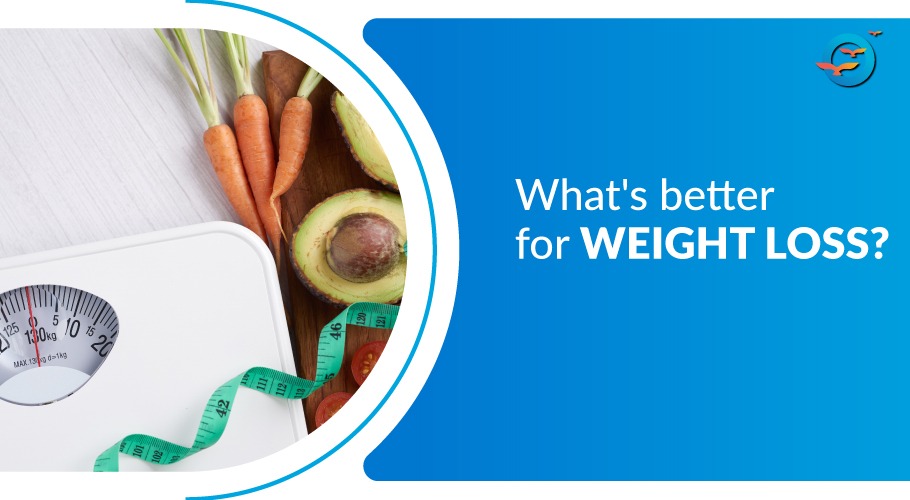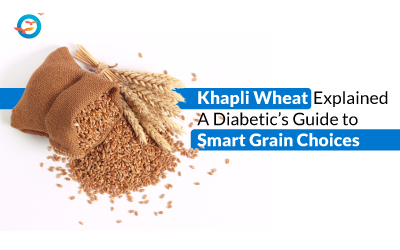Is nutrition better than exercise for weight loss?

Weight loss is a complex journey aimed at achieving a healthier lifestyle by reducing excess body fat to reach a specific weight or body composition. People embark on this journey for various reasons, such as improving overall health, boosting self-esteem, or addressing medical issues.
Weight loss strategies usually involve dietary changes, increased physical activity, and sometimes medical treatments, all aimed at attaining and maintaining a healthier weight.
The ongoing discussion about whether nutrition or exercise holds more significance in the context of weight loss is a frequently debated topic. Let's dissect and understand the respective roles of these two factors in the process of shedding excess pounds:
Nutrition:
- Calorie Control:
Weight loss primarily depends on creating a calorie deficit, where you burn more calories than you consume. Nutrition plays a pivotal role in calorie control, as it's easier to reduce calorie intake through dietary choices. - Quality Matters:
The quality of your diet matters. Eating nutrient-dense foods that provide essential vitamins, minerals, and fiber not only supports weight loss but also promotes overall health. - Portion Control:
Being mindful of portion sizes can prevent overeating, a common cause of weight gain. A balanced diet with controlled portions can help maintain a calorie deficit. - Sustainable Changes:
Making sustainable changes to your diet can lead to long-term weight management. Crash diets or extreme restrictions are often short-lived and may result in weight regain. - Hormonal Balance:
Certain foods can influence hormones related to hunger and satiety, making it easier to control cravings and avoid overeating.
Exercise:
- Calorie Expenditure:
Physical activity helps you burn calories, contributing to the calorie deficit required for weight loss. Regular exercise can increase your daily energy expenditure. - Metabolism Boost:
Muscle tissue burns more calories at rest than fat tissue. Strength training and aerobic exercises can increase muscle mass, thereby boosting your resting metabolic rate. - Health Benefits:
Exercise offers numerous health benefits, including improved cardiovascular health, increased insulin sensitivity, and reduced stress. These benefits can indirectly support weight loss and overall well-being. - Sustainable Lifestyle:
Incorporating exercise into your routine can promote a more active and healthy lifestyle, making it easier to maintain weight loss in the long term.
The Bottom Line:
Weight loss is most effective when nutrition and exercise work together. While diet has a more significant impact on initial weight loss due to its direct influence on calorie intake, exercise becomes increasingly important for weight maintenance and overall health.
A holistic approach that combines a balanced, calorie-controlled diet with regular physical activity is the best strategy for successful and sustainable weight loss. Additionally, it's essential to consider individual factors, preferences, and goals when determining the optimal balance between nutrition and exercise for your weight loss journey. Consulting with a healthcare professional or registered dietitian can provide personalized guidance tailored to your specific needs.
Freedom from Diabetes employs a holistic approach to attain optimal health, similar to the one described above. We have not only liberated over 14,500 individuals from medication dependency but have also assisted people in shedding a collective weight of 500,000 kilograms.
Join our enlightening introductory session, the "Discover Reversal Session," to gain insights into our approach towards reversing diabetes and obesity. To commence your transformative journey, enroll in our year-long Holistic Transformation Program.
An opportunity for life-changing improvements awaits you, so seize it today!

